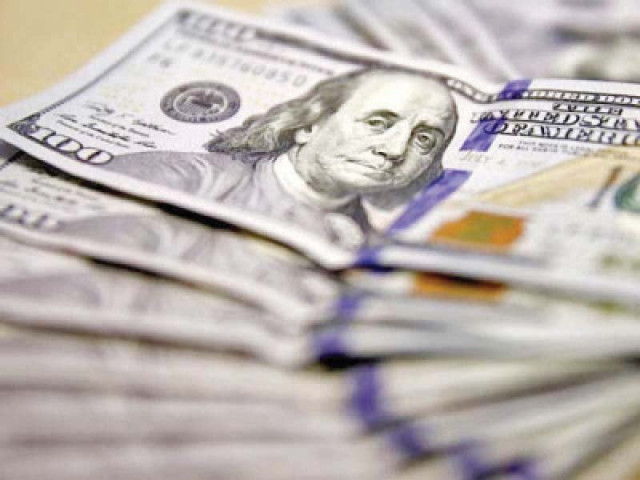$846m debt repayment suspended
Pakistan, Saudi Arabia ink agreements covering May 2020 to Dec 2021 period

Pakistan and Saudi Arabia on Thursday signed agreements to freeze $846 million in debt repayment for up to six years under a G20 debt suspension initiative.
Two agreements were signed by the Ministry of Economic Affairs and the Saudi Fund for Development (SFD) under the Debt Service Suspension Initiative (DSSI) for the period from May 2020 to December 2021, according to a statement issued by the ministry.
Ambassador of Saudi Arabia to Pakistan Nawaf bin Saeed Al-Malkiy witnessed the signing ceremony in Islamabad. SFD Director General for Asia Dr Saud Ayid R Alshammari represented the fund at the ceremony.
The amount of $846 million, which was due to be paid during the period from May 2020 to December 2021, will now be repaid over a period of six years starting 2022 in semi-annual installments, it added.
Pakistan has already utilised the debt suspension facility as it did not pay $846 million to Saudi Arabia. However, the agreements have been signed lately.
Owing to the support extended by SFD – one of the major bilateral development partners of Pakistan – along with other bilateral creditor countries, the G20 DSSI has provided fiscal space, which is necessary to deal with the urgent health and socio-economic needs of Pakistan, said the ministry.
The total amount of debt that has been suspended and rescheduled under the DSSI framework, covering the period from May 2020 to December 2021, is nearly $3.8 billion, it added.
This includes $3 billion in principal repayments and $814 million in interest payments on these loans.
Of this amount, $1.6 billion has been rolled over for four years and the remaining $2.2 billion for six years.
Pakistan has already concluded and signed 80 agreements with 21 bilateral creditors for the rescheduling of its debt amounting to $2.1 billion under the DSSI framework.
Read: Foreign debt peaks to $13b in Jul-Jan
The signing of agreements with SFD brings the total rescheduled amount to $2.9 billion.
The Ministry of Economic Affairs said that negotiations for the remaining $754 million were underway. Agreements for this amount are expected to be signed with the respective bilateral development partners in the current fiscal year.
Pakistan got about $1 billion benefit in the current fiscal year under the G20 initiative, which reduced its repayment requirement amid growing external debt obligations and shrinking foreign exchange reserves.
The gross official foreign exchange reserves held by the SBP further dipped to $16.4 billion last week despite massive injections by foreign creditors over the past three months.
In its latest report, the International Monetary Fund (IMF) said that the extension of DSSI until the end of December 2021 provided relief to Pakistan in the short term.
It added that the forward-looking path for gross financing needs (GFN) had been revised upwards due to higher-than-expected reliance on short-term domestic issuance since late March 2021.
The IMF has now projected Pakistan’s gross external financing needs at a record $35 billion for the next fiscal year, up from an estimated $30 billion for the current fiscal year.
However, the $30 billion figure seems lower, as the IMF has projected only $13 billion current account deficit in the current fiscal year.
The deficit has already jumped to $11.6 billion in the July-January period, indicating that the government may even cross the record high deficit of $19 billion, recorded in the last year of previous PML-N government.
Due to the mounting external loan repayments, Pakistan is now heavily relying on the rollover of its maturing debt.
Even for the current fiscal year, the government is expected to secure $6.6 billion in loan rollover by China, including the rollover of $4 billion of SAFE deposits, and $2 billion by the United Arab Emirates.
Published in The Express Tribune, March 4th, 2022.
Like Business on Facebook, follow @TribuneBiz on Twitter to stay informed and join in the conversation.



















COMMENTS
Comments are moderated and generally will be posted if they are on-topic and not abusive.
For more information, please see our Comments FAQ